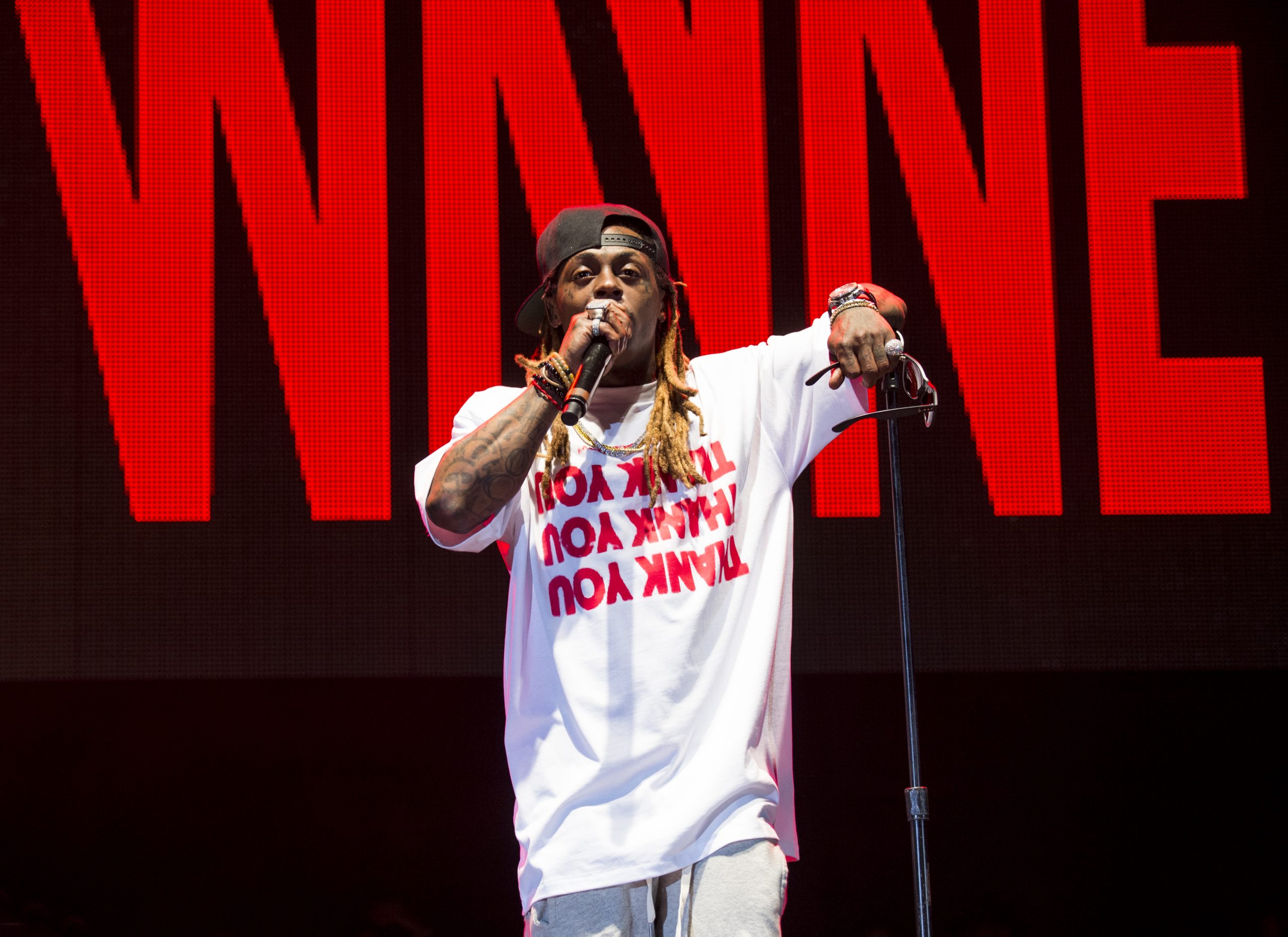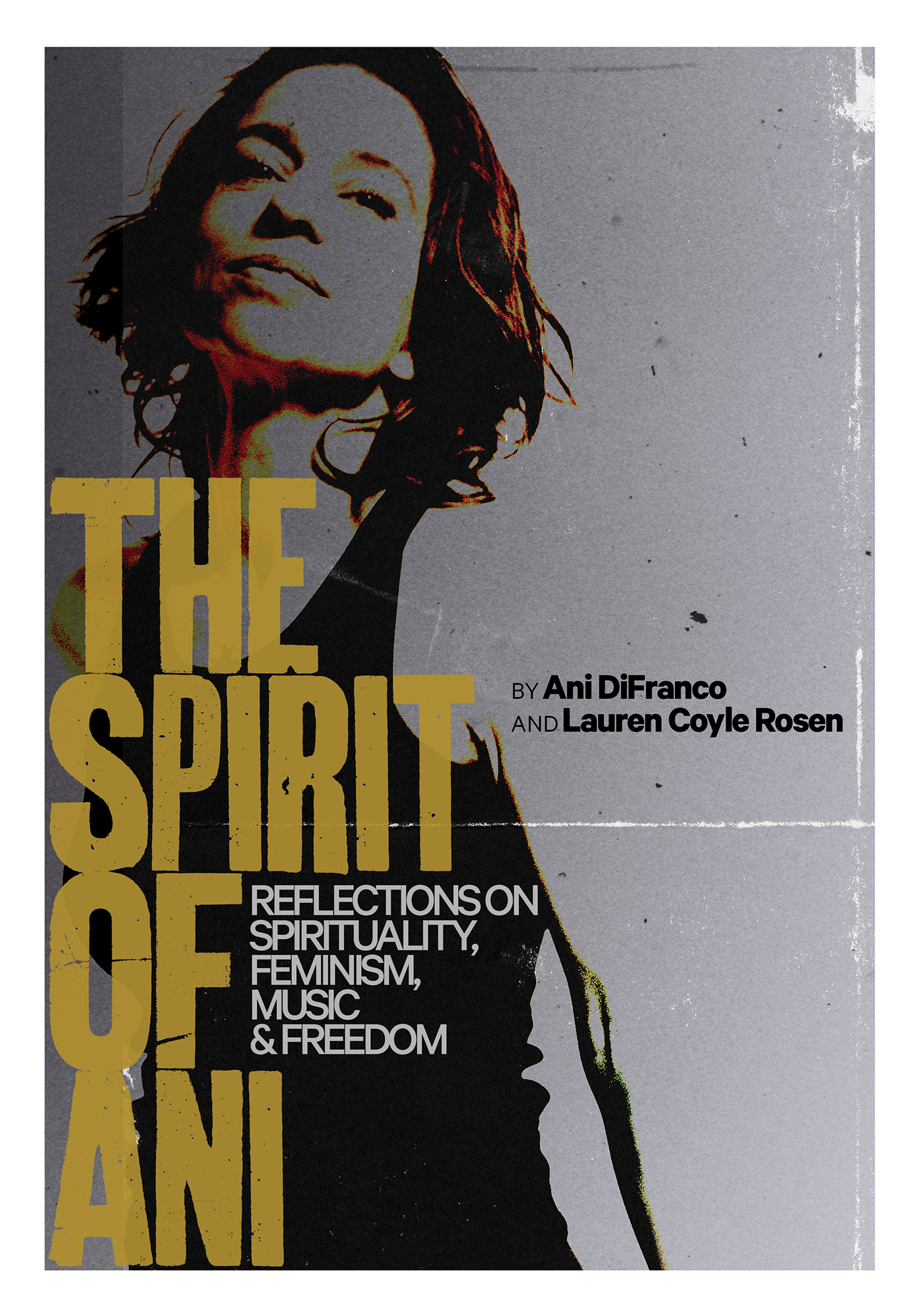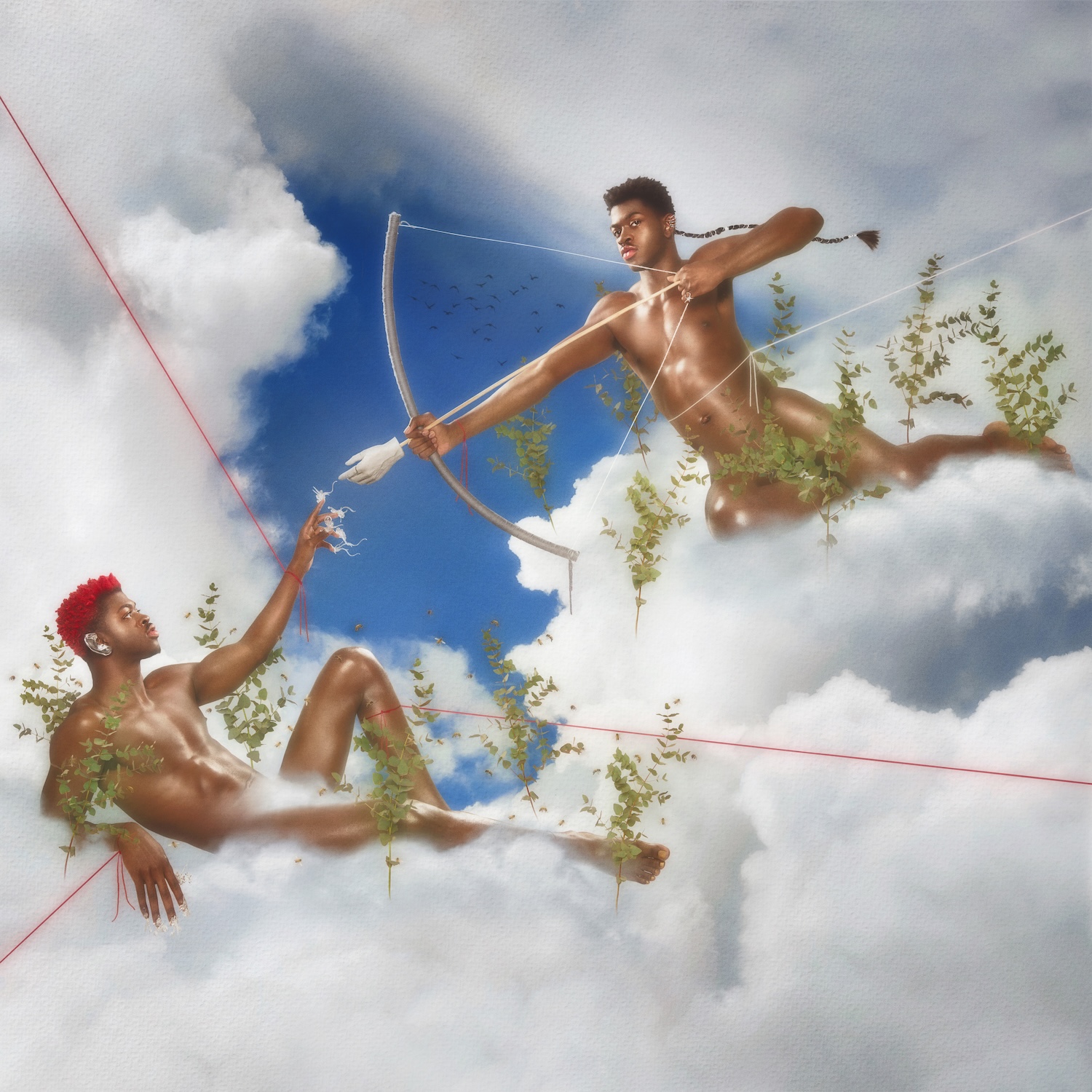Three and a half years ago, your entire Stereogum staff was at the FADER Fort during SXSW, watching the beautifully random one-off set where the Afghan Whigs were Usher's backing band. It was a great moment, and we couldn't enjoy it. A few minutes earlier, we'd learned that Lil Wayne was in a hospital after suffering multiple seizures. TMZ claimed -- erroneously, it turned out -- that a priest had given Wayne last rites. We were all frantically refreshing our phones, sharing meaningful looks. We were utterly out of the moment, wondering the thing that nobody really wanted to think about: What if Lil Wayne dies?
[videoembed size="full_width" alignment="center"][/videoembed]
Lil Wayne has survived a lot. He accidentally shot himself in the chest when he was 12. He spent the better part of a year at Riker's Island when he was at the peak of his fame. He's openly feuded with his old label boss and father figure, Birdman, quite possibly the most feared man in mainstream rap. A few years ago, someone shot Wayne's tour bus up. He's spent years, if his own lyrics are to be believed, recreationally partaking in some truly dangerous substances. He's lived through the mental strain of being globally famous since he was a teenager, of being one of the most recognizable people on the planet for at least the last decade. This past weekend, he was back in the hospital again, again after suffering from seizures, being found unresponsive. He's since been discharged, and official word is that the reason for his ailments aren't even drug-related. He's just been working too hard and getting too little sleep. He'll be taking two weeks off.
[videoembed size="full_width" alignment="center"][/videoembed]
"It is my great hope that he’ll live to see the end of 2009." That's how I ended a piece about Wayne at the beginning of 2009. That piece, written for the Village Voice's end-of-year Pazz & Jop issue, was about the triumphant year Wayne had just had, the time when he made good on all of the promise of his mixtape years and fleetingly became rap's biggest star. And even then, Wayne's self-destructive streak was fully evident. It was enough to make loving Lil Wayne a complicated thing: What if we're lionizing someone who's drawing some of his creativity from a drug intake that he can't sustain? What if we're participating in his downfall by loving him? Even today, even if the seizures really have nothing to do with drugs, seizures are no joke. Severe epilepsy helped kill my aunt when she was 40. Wayne says he's off lean because of those seizures, but he's still pushing himself. He's still pushing himself because people still love his music and want to see him perform.
[videoembed size="full_width" alignment="center"][/videoembed]
It's time to start thinking about whether Lil Wayne is the greatest rapper who has ever lived. It's time even though he hasn't had a sustained inspired streak in nearly a decade. It's time even though his commercial fortunes have declined, even though he's been trapped in a court battle with his old label that's kept him from putting out an album under his own name. (It was great to see him back on top of the Billboard Hot 100 for a week earlier this year with his verse on DJ Khaled's "I'm The One," but I think we can all agree that it was minor Wayne.) It's not time because we're worried about Wayne's health, because the events of the past weekend have forced some of us to, once again, contemplate a world after Wayne. It's time because it's simply undeniable. There hasn't been a more influential rapper this century. There hasn't been anyone in any field who had a hot streak as ferocious as the one Wayne was on from, say, late 2005 to mid-2008. There hasn't been anyone else who achieved massive, universe-realigning commercial success while seeming to come from another galaxy entirely. I'm not saying Wayne is the greatest rapper of all time; I simply don't have the authority to even float a claim like that. But I am saying that we need to talk about it. The possibility is real.
[videoembed size="full_width" alignment="center"][/videoembed]
I can't tell you what a thrill it was to be writing about music when Wayne's dominant streak was happening. Wayne was calling himself the "greatest rapper alive since the greatest rapper retired" back in 2004, and when he first said it, I laughed. A lot of people laughed. Wayne was a product of the Cash Money system -- a fiery and unfocused little kid who'd been blessed with the chance to rap over nothing but Mannie Fresh's malfunctioning-spaceship beats. As virtually all of his Cash Money peers left the label or went to prison, Wayne was tasked with carrying the label, and he did better at that than anyone expected, but most nerds like me weren't considering him a great rapper yet. We were wrong. It was all there from the beginning. The deranged croak of a voice, the weirdo charisma, the unexpected lyrical turns -- he was developing all of that in plain sight, when he was already famous. With the release of the first Carter album, he started carrying himself like a star. But it took at least a year for most of us to realize what was happening.
[videoembed size="full_width" alignment="center"][/videoembed]
For me the oh, shit moment was a throwaway guest-verse that nobody even remembers: Wayne's appearance on Paul Wall's "March 'N' Step" in 2005. To this day, I can't even explain what it was about that verse. Wayne just seemed to be entering a whole new orbit, hovering over the beat like a dragonfly in a swamp. Everything he said radiated some implacable cool: "I'm tryna get somewhere like I ain't never been nowhere / They'd probably suffocate, tryna breath this NO air." "I ride around with a mac-10 squared / That's a pair of semiautomatics, shooting everywhere." "I'm extra 'bout it / If I get in beef, I do something about it 'fore I get out it." None of it looks like much on paper. All of it meant everything on record. I rewound that verse so many times. This was for a Paul Wall song that wasn't even a single. He threw it out there like it was nothing.
[videoembed size="full_width" alignment="center"][/videoembed]
It kept happening. Wayne seemed to be getting better every week back then, and we could tell because he'd show up on another five or six new songs every week. His mixtapes were instant classics. His guest appearances could lift a mediocre song toward greatness. And it wasn't just good rapping. He didn't act the way rap stars were supposed to act. He came off as a figure of chaos and rupture, a frantic and out-of-control trickster prince rather than an icy, composed mastermind. In doing so, he essentially cleaved rap history into two parts. Every major star who's come after, even relatively traditionalist figures like Kendrick Lamar and J. Cole, have taken an idea or two or five from what he was doing then. At the time, I would insist to whoever was listening that we'd remember Wayne's run like he was late-'60s Hendrix. I'm wrong about a lot of stuff. I'm wrong all the fucking time. But I was right about that.
[videoembed size="full_width" alignment="center"][/videoembed]
It didn't last. How could it? Wayne's decline has been so well-documented that it's depressing to even bring up the bullet points: The prison stay, the skateboarding, Rebirth. Today, Wayne is stuck in legal hell, and his Carter V has sat on the shelf so long that it would inevitably sound hopelessly dated if it ever came out. He's capable of brief flashes of brilliance, and his voice is still his own. But Wayne has outlived his moment. Hopefully, he'll continue to outlive it for a long time to come. And whatever Wayne's future might bring, we need to appreciate a beast, a dog, a motherfucking problem while he still walks among us.
FURIOUS FIVE
1. The Cool Kids - "9:15AM" (Feat. Jeremih)
The Cool Kids always sounded slick. They never sounded this slick. Hornball club-rap very rarely gets this irresistible. And the hook offers, I guess, a rare bright side to the Trump presidency.
[videoembed size="full_width" alignment="center"][/videoembed]
2. $UICIDEBOY$ - "For The Last Time"
At this moment, the buzziest group in rap is a pair of scabby white skate rats from New Orleans who do straight-up mid-'90s Bone Thugs/Three 6 pastiche and sound a lot like Juggalos. This should not be a good thing, but somehow, it is.
3. Jimmy Wopo - "First Day Out"
Jimmy Wopo, from Pittsburgh, was only in prison for a few months this year, and yet he's already joined the venerable young tradition of rappers getting out of jail, recording fired-up and overjoyed songs immediately after coming home, and then calling those songs "First Day Out."
[videoembed size="full_width" alignment="center"][/videoembed]
4. Tee Grizzley - "Beef" (Feat. Meek Mill)
Speaking of songs called "First Day Out"! Tee Grizzley's big breakout hit was essentially a rewrite of Meek Mill's "Dreams & Nightmares (Intro)." So it's cool to hear him rapping alongside Meek on an urgent, purposeful new song, even though it might not be a good idea for Meek to be rapping about beef, even in the abstract.
[videoembed size="full_width" alignment="center"][/videoembed]
5. NORE - "Uno Mas" (Feat. Pharrell)
"Superthug" was 19 years ago, and Pharrell and Noreaga are still making music together. That's a beautiful thing.
[videoembed size="full_width" alignment="center"][/videoembed]
IT WAS ALL GOOD JUST A WEEK AGO
celebrities donating money for Harvey is chill but Rocky literally turned himself into an inflatable raft and is headed to Texas rn. iconic pic.twitter.com/FBKhzN8fuh
— we did it 1st (@MaskedGorilla) September 1, 2017






